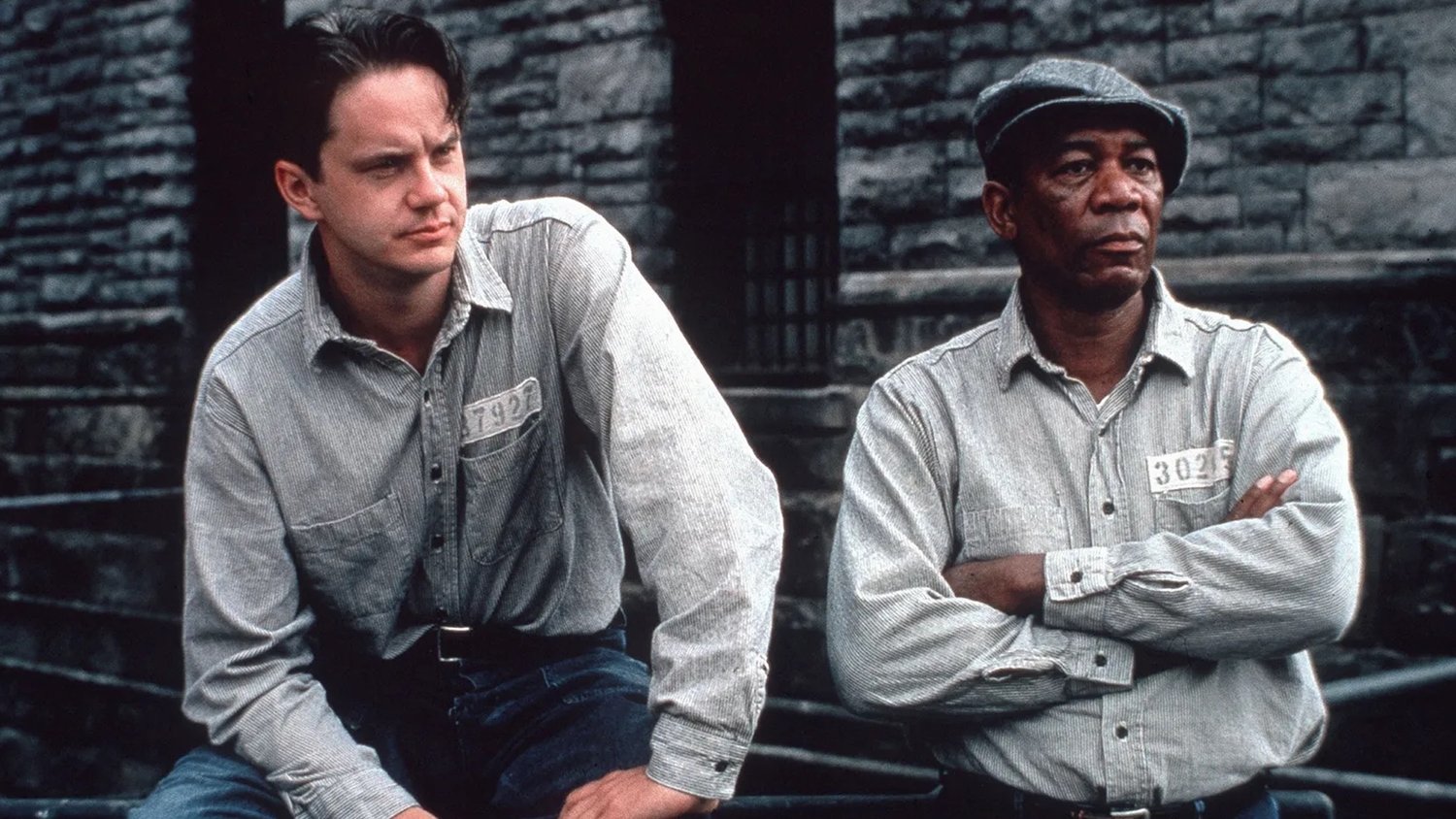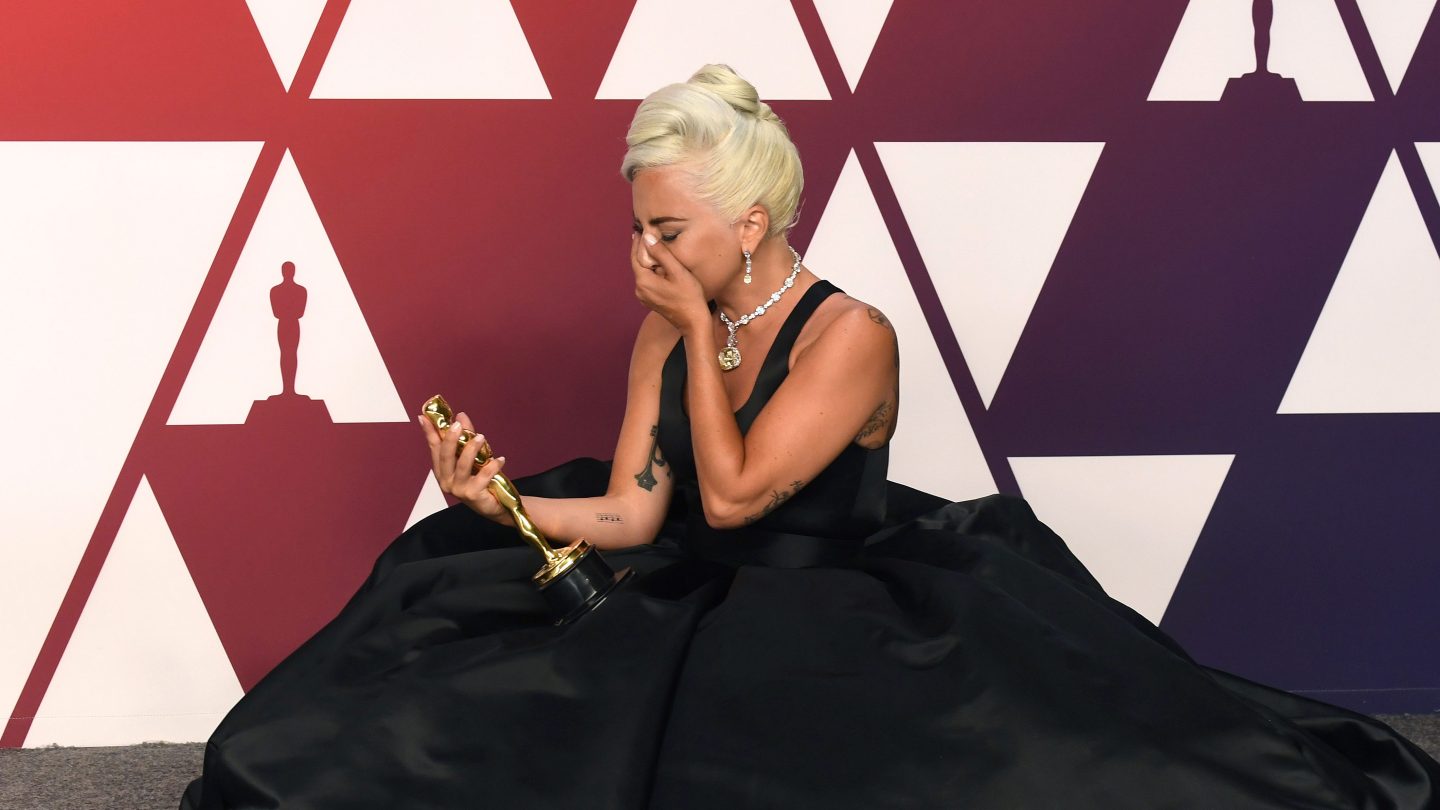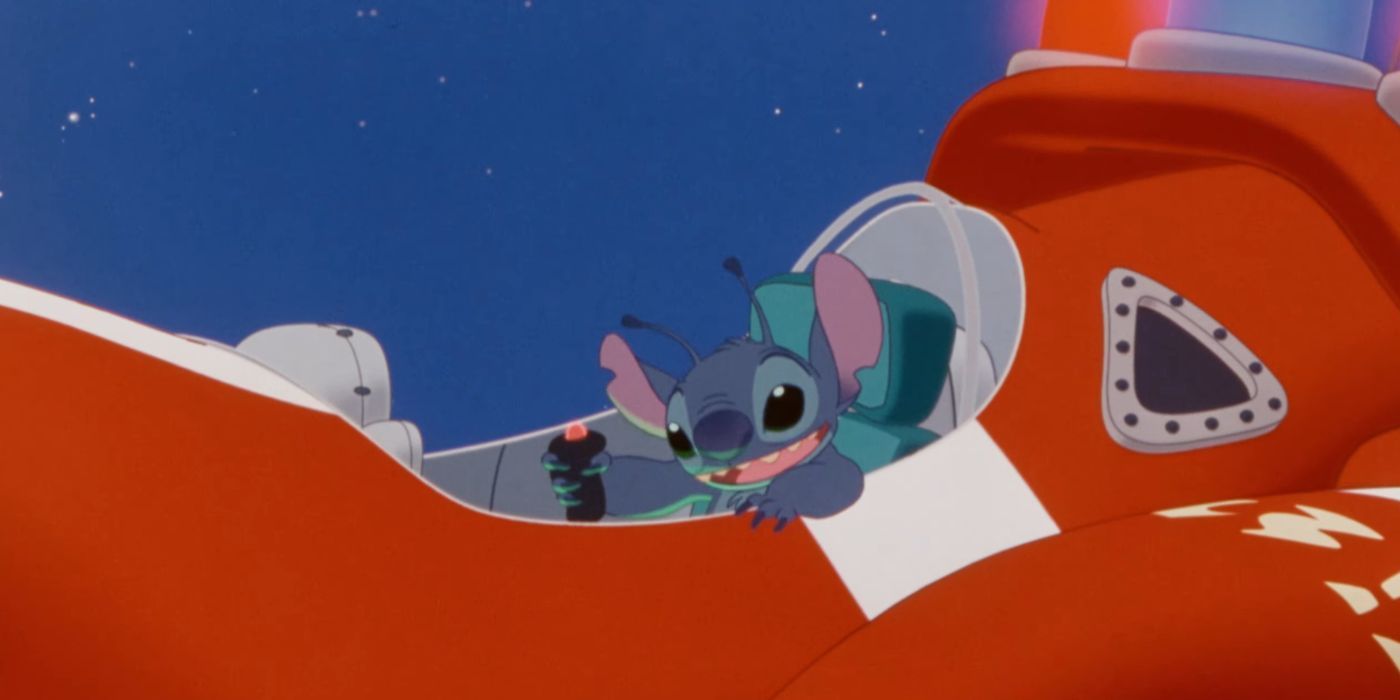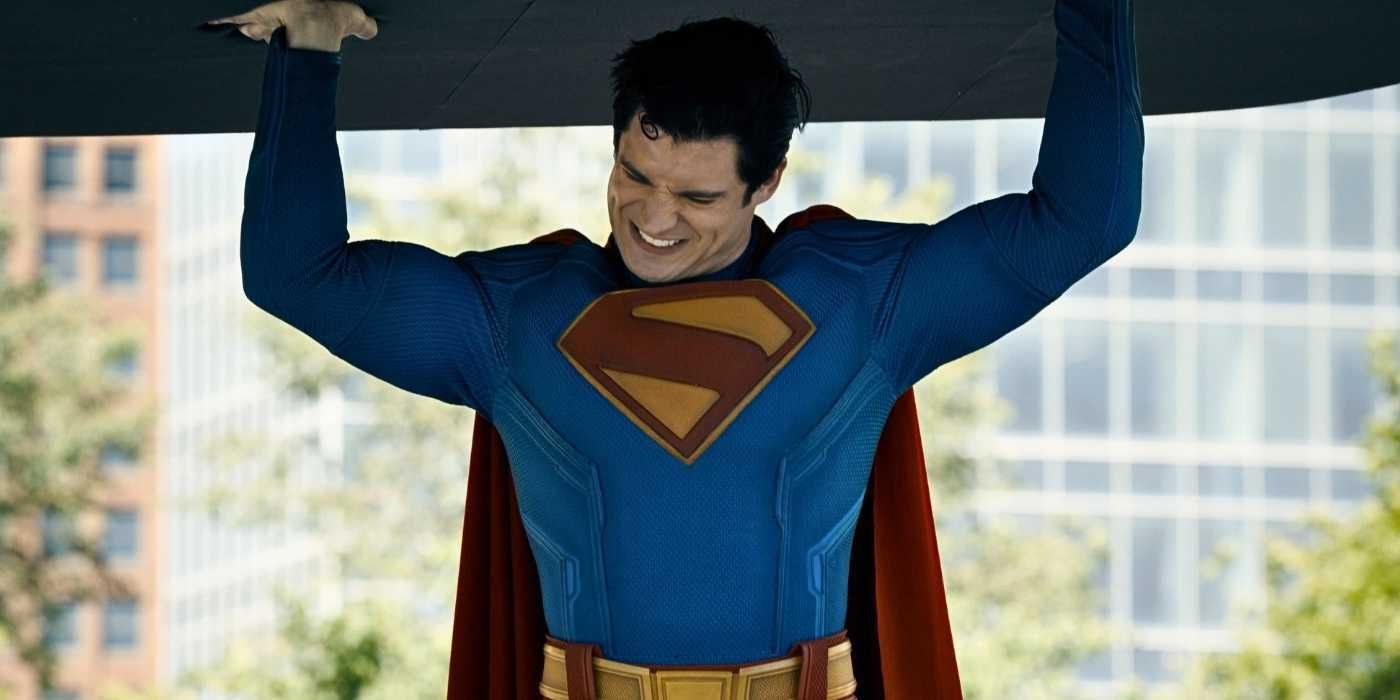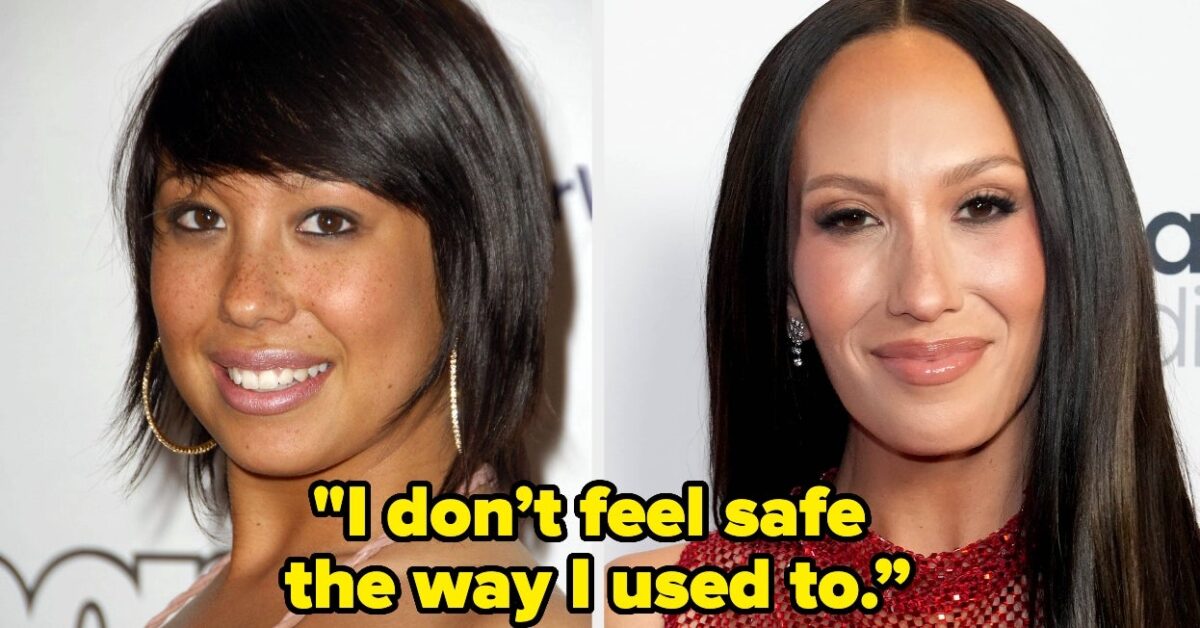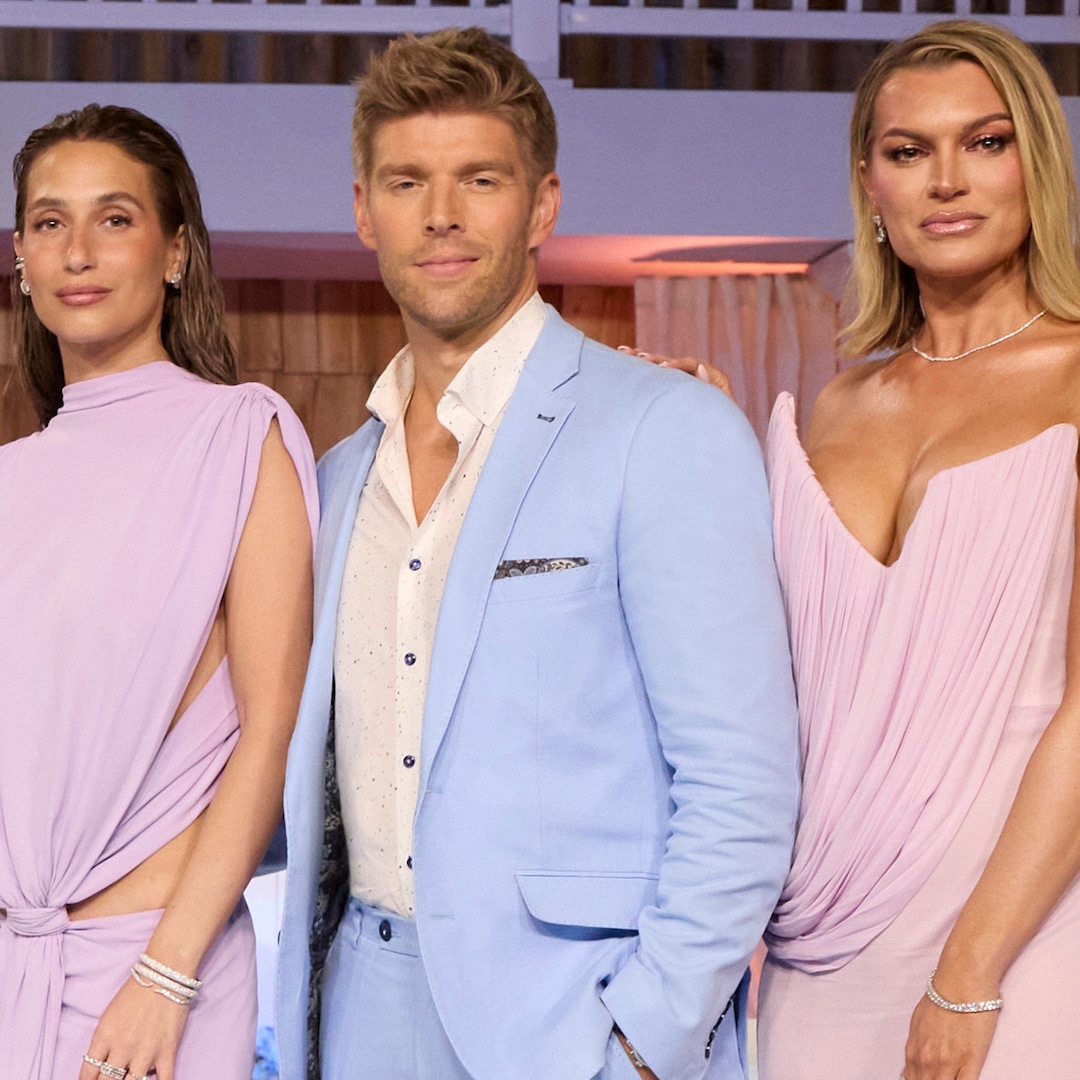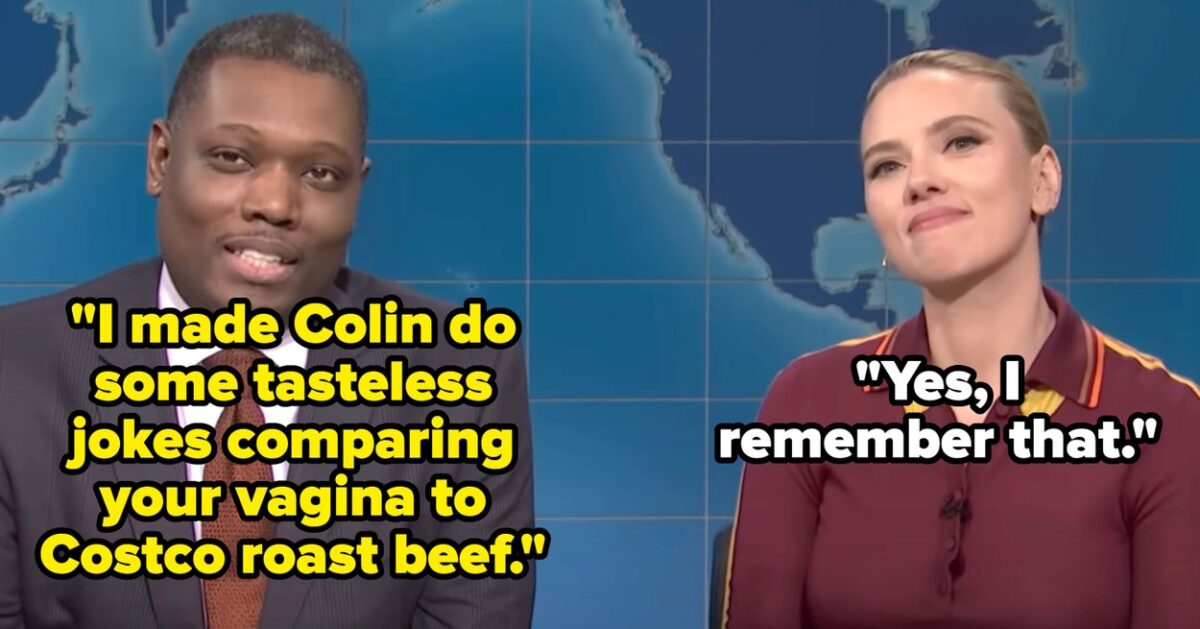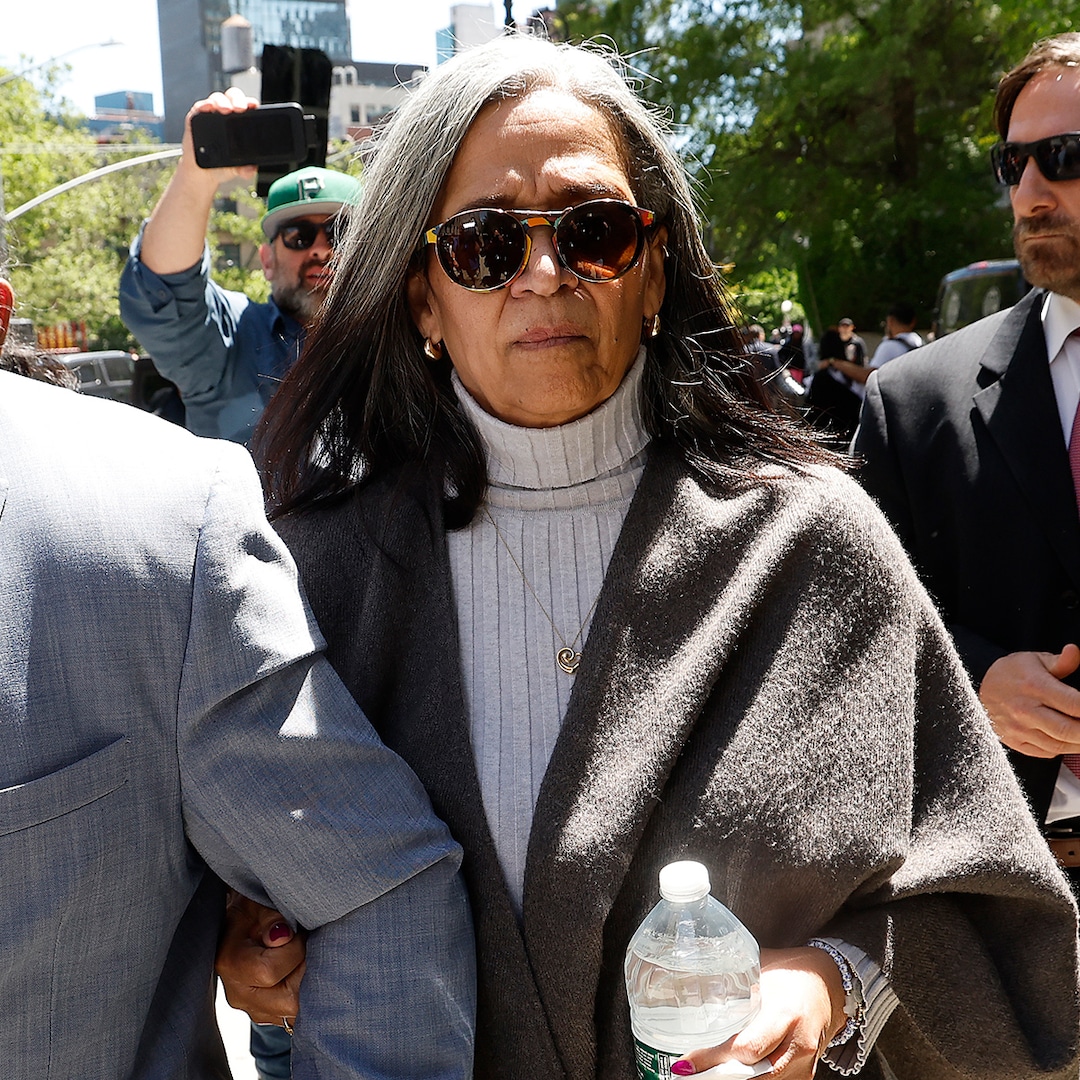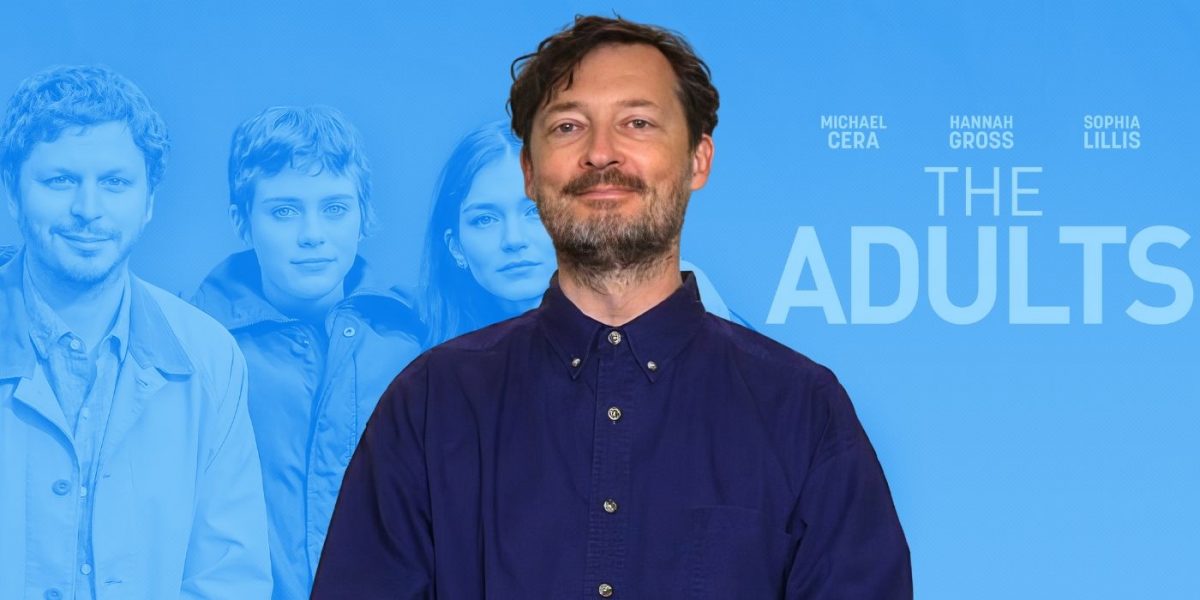
The Adults’ Director Dustin Guy Defa on Playing Poker with Michael Cera
Aug 21, 2023
This interview was conducted before the SAG-AFTRA Strike.
The Big Picture
Dustin Guy Defa’s newest film, The Adults, centers around a man named Eric and explores themes of siblings drifting apart and the challenges of losing childhood and family. Defa cast Michael Cera, Hannah Gross, and Sophia Lillis as the trio of siblings. The three quickly created a dynamic that felt like a real family. The film uses humor as a weapon, with the characters using their childhood language and coping mechanisms to communicate their true feelings.
Dustin Guy Defa has made a name for himself in the independent film scene. His first feature, Bad Fever, premiered at South by Southwest in 2011, while his second, Person to Person, bowed at Sundance in 2017. Defa has a gift for honing in on rich, specific relationships, and he is known for his naturalistic directing style.
His newest film, The Adults, is no different. The film centers around a man named Eric (Michael Cera), who visits his hometown for the first time in years. While there, he must navigate the tense dynamic with his sisters Rachel (Hannah Gross) and Maggie (Sophia Lillis), as well as his growing poker addiction. The film subtly, rawly, and oftentimes hilariously explores themes of siblings drifting apart and the challenges that come with losing childhood and family.
I got a chance to speak with Defa about casting these powerhouse actors, developing the unique language the characters speak with each other, the changes the script went through from the first draft to what the audience sees on-screen in the final cut, and more.
COLLIDER: Obviously, you’ve worked with Michael [Cera] and Hannah [Gross] before. I’m curious what made you eager to work with them again and also why Sophia [Lillis] felt like the perfect person to kind of round out that trio.
DUSTIN GUY DEFA: Yeah, I made a movie called Person To Person, which Michael was in, and we didn’t know each other at all when we made that movie. I met him for coffee, and then the next time I saw him, we were on set. But since that time period, we became very close. He’s a cinephile, I’m a cinephile — we share a love of movies, and we definitely just want to work together. So I wrote the part specifically for him and thought of him and developed and even developed some of it with him as I went along.
And Hannah I’ve worked with a lot. I’ve actually worked with Hannah more than anybody, I realized, because I made, like, five short films with her, and she’s also in a movie that I co-wrote called The Mountain. Knowing both of them and being friends with both of them, I could sort of see the possibilities of them playing a brother and a sister. I could trust them as actors, and they would trust me as a director, and we would have this system already sort of in place that would be very helpful for making a film and being together creating something.
It was such a great, wonderful thing how Sophia came into it. She came into the movie very quickly, and once the script was sent to her, it just happened very fast. It just seemed aligned. And then the first time we all met in person — we had done some Zooms together — but when we all met in person, and Sophia was with us, it really felt like we had the right three people. It felt like they were building something that would feel like a family — the right kind of family in this movie. It was like day two of rehearsal and then definitely day three, where I realized that the conversation we had previously and then these three people together was really making the unit that needed to occur for the film to work properly.
Image via Universal
Yeah, that’s incredible. I feel like that definitely shines through. In terms of those conversations and sort of development, what kind of things did you all talk about in terms of developing the background for the characters? Because I feel like there’s obviously a lot baked into the characters that maybe is not explicitly even said in the movie.
Yeah, I mean, I had written a draft of the script that we thought we were gonna shoot, and it had a lot more about the childhood and about the mother. But I couldn’t believe, when I read it again, how full of exposition it was, and it just felt sort of…not good. Michael and Hannah and I had this really incredible, long conversation about the characters and what we wanted the dynamic to be like and what the characters were sort of like and how they wanted them to be. And we talked about a couple of movies. And I took that conversation — those feelings — and I completely transformed the next draft, which is like 90% different. And that felt like the movie. The other one, the other script, there was something clunky or something was wrong, but this new draft — it was just completely different based on that conversation and really felt so much more alive.
The first draft didn’t have any poker, and Michael and I play poker together, and he’s taught me how. Our conversations really taught me. He’s a better poker player than me, and he knows poker better than me, and I’ve learned a lot about poker from him. But poker became one of the things that got added to this new script that became such an essential part of it. But that draft was really the movie, and it didn’t change much after that time period.
RELATED: ‘The Adults’ Review: Michael Cera Finds Authenticity in Specificity
That’s awesome. I love knowing about the behind-the-scenes development. I love how all of the siblings feel so specific, and I feel like I can sort of relate to all of them. I’m curious if there’s one that you sort of feel like you are the most like, though.
Yeah, no — I feel like I actually feel equal to all of them. Eric is a little shut-off, and it’s harder for him to express love, I think. I think, especially with Rachel, it’s really hard for him to express love. He has his guards up, and I often have my guards up, but I also sometimes don’t have my guards up at all, like Maggie does, and I have that kind of part of me, too. And then I have the Rachel part, too, of just sort of like a struggle. I feel very close to all three of them.
Just because Eric’s the main character, he’s almost easier to analyze for me just to understand his feelings of really trying to stay in control of what’s happening — and feeling sort of powerless when he’s around Rachel and feeling more powerful when he’s playing poker. And it’s easier for me to understand his psychology in a way, so I feel a little closer in that sort of way. But generally those three characters, I actually feel equal to all of them, and maybe that’s why I wrote it the way I wrote it.
Image via Universal
I think I do, too. I feel like I see myself in all of them, which I think is a sign of a good movie when you can feel compassion, and there are aspects that you can relate to with all of them. Another thing I really like about this film is that it captures that specific language that different families sort of speak with each other. I think for them, obviously, song and dance is huge. But I think humor is another really big aspect, and something I found really interesting is how humor can obviously be a comfort but also used as a weapon in a way when Maggie and Rachel aren’t laughing at Eric’s contribution to their bits. Can you talk a little bit about the role that humor plays in all of these dynamics? Because I think it’s really fascinating.
You’re exactly right with the weapon thing. There’s a moment in the movie where he says, “You used to think I was the funniest person in the world.” He’s the older of the siblings, and he used to have power. I think, even in siblings, you can often just see your older sibling as being funny. Even if, outside that world, nobody would ever find them funny, you find them to be just extremely funny. And so I think what’s happened is that he used to really be the funniest person in the world to both of them, but Rachel being in the middle, she got past the place first — of starting to find him less funny. And that’s where things I think started changing for them. But now, when they’re adults, he’s trying to do that again, and they’re just not finding him funny whatsoever. The relationships have completely changed. It just doesn’t work.
But yeah, what does end up happening is that slowly throughout the film, those characters and that world do get weaponized, and they start to — more and more, especially near the end — use those characters they created to go to war with each other. Essentially, I think near the end, they’re basically using them to just burn down the whole entire childhood world. They’re sort of killing it off by taking those childhood characters and putting adult language into them, which has never really happened — swearing and going really full throttle in ways that they’ve never done as children. By using all these adult arguments that they’re having that are building up — they’re still unconscious, but they’re building up — and then they just use the childhood characters to tell each other some kind of truth about how they’re feeling, which they can’t do as an adult. And they use them in this sort of warped kind of way still sort of inside the childhood world but as adults.
Yeah, it’s such an interesting device. I think it works so well. And my last question for you is, in addition to the dialogue feeling very natural, I feel like the cinematography does that, too, and just sort of immerses us in this setting and town. Did you have any references you looked to in terms of capturing that sort of visual language and tone?
It’s sort of interesting because we did try to keep it very simple and definitely like a natural feeling. We watched a couple of movies to think about it, but the only one I remember watching was this French movie À Nos Amours by Maurice Pialat. But even if you look at that movie, it’s hard to tell where we went with it. Part of it was to just make sure that, in terms of colors and this sort of thing, that there was a warmth that was accessible. Because I do think of the movie as a sort of love story, even though it’s a very tricky love story and it doesn’t really reveal itself as a love story at the beginning — it just sort of slowly develops itself in that kind of way between Eric and Rachel. But [we wanted to make sure there was] a warmth and accessibility. And then, with the shots and everything, there is a simplicity that I sort of liked. I don’t really have a template for that, but I built it in that kind of way.
The Adults is now in theaters.
Publisher: Source link
Cheryl Burke Responded To Speculation About Her "New Face"
“The assumptions are just exhausting as hell.”View Entire Post › Disclaimer: This story is auto-aggregated by a computer program and has not been created or edited by filmibee.Publisher: Source link
May 22, 2025
Summer House Season 9 Reunion Trailer Teases Big Breakup
Paige DeSorbo Says She’s “So Thankful” Lindsay Hubbard is Pregnant While Filming Summer HouseIt sounds like Summer House might have a newly single star among its cast. Lindsay Hubbard teases that she might no longer be dating boyfriend Turner Kufe—with…
May 22, 2025
Michael Che Apologizes To Scarlett Johansson On SNL
Michael Che Apologizes To Scarlett Johansson On SNL Michael Che brought out the Jurassic World Rebirth star during the "Weekend Update" segment to jokingly apologize for his out-of-pocket "roast beef" joke during the final episode of SNL's 50th season. If…
May 21, 2025
Cassie Ventura’s Mom Paid $20K After Threats
Male Escort Says He Could Hear Sean "Diddy" Combs Assaulting CassieWhen Ventura didn’t join Combs right when he called for her on one occasion, Phillip testified May 12 that Combs threw a liquor bottle in her direction, then grabbed her by…
May 21, 2025
